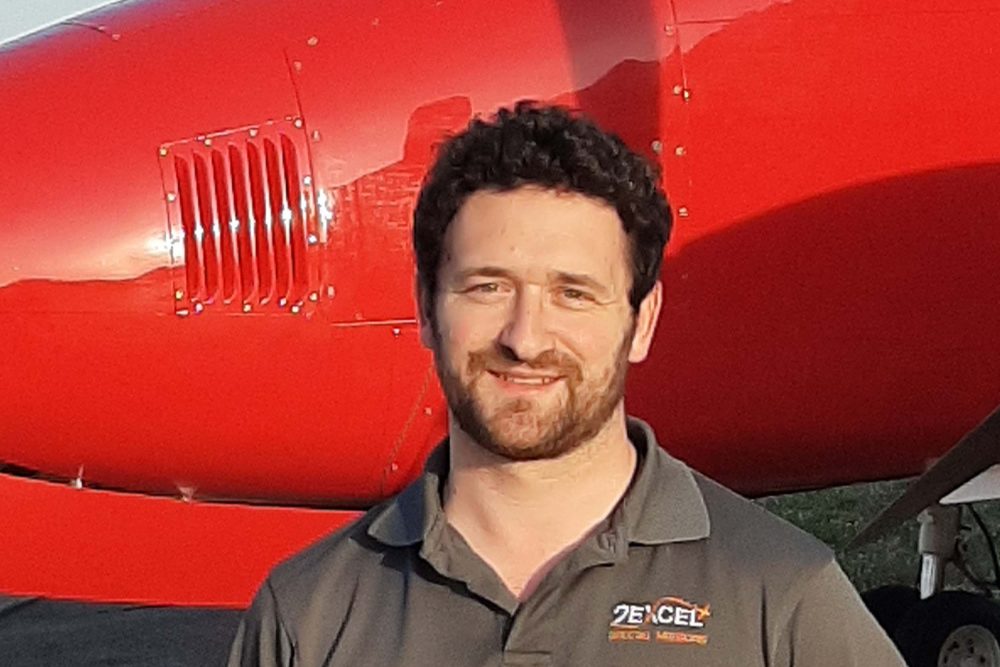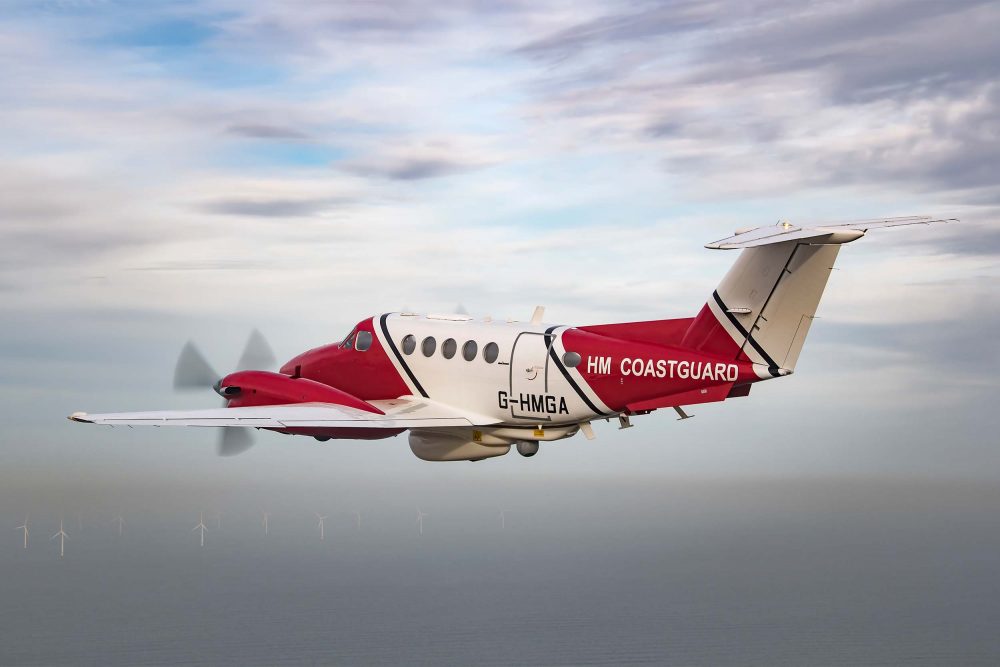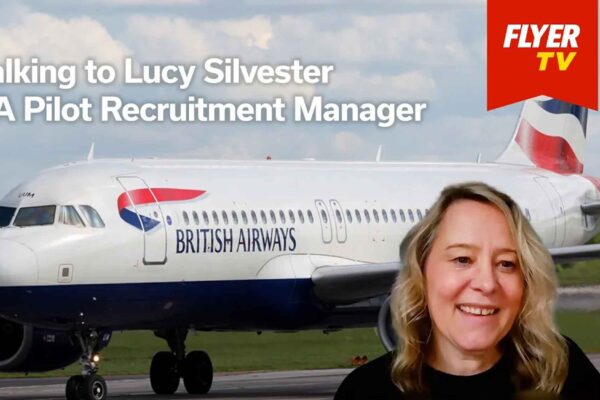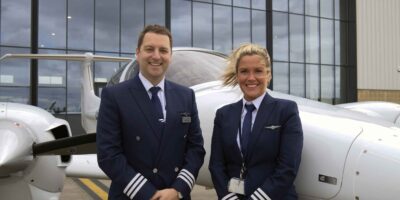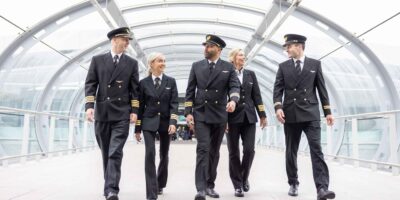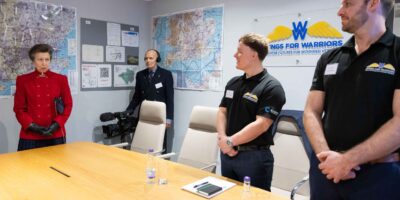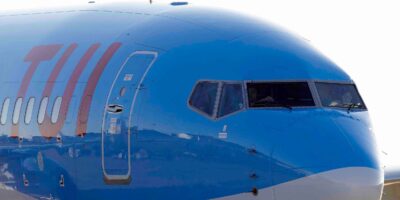How did you get into flying?
I’ve always been focused on flying. Aged 14 I had my first lesson, and at 16 I started working at my local flying school. I begged, borrowed and stole flying hours, doing whatever was needed to get in the air.
Tell us about your job?
I’m a King Air 200 Captain with 2Excel, an employee-owned company based in Doncaster, which provides Search & Rescue service for the UK’s Maritime and Coastguard Agency. We’re ready to respond 24/7, the aircraft is always prepped and its crew alternate between day and night shifts. Sometimes there are pre-planned tasks, but most of the time I’m on standby duty.
When the phone rings, the adrenaline rises as we have to be airborne very quickly. We’re a bit like Thunderbird 1, the first responders at the scene. The King Air is a fixed-wing, so we can’t hoist people out of the water. However, we have other capabilities, such as our extensive radar and surveillance equipment. As we are able to cover a large search area quickly, once we’ve located the targets in the water, we can guide in the rescue helicopters. Also, we provide a general overview, which is particularly important when more aircraft or ships are involved. Apart from SAR, we assist with fisheries patrols and monitoring pollution levels.
“Being able to help out in life-and-death situations is very rewarding work”
What I love most about my job is the variety: no two flights are the same. Even on a routine patrol, you’re always on the lookout for signs of trouble. As a single pilot, this means you’re always on edge. You can never kick back, put on autopilot and read a newspaper. For me, this lack of routine is what makes it interesting and exciting, being able to help out in life-and-death situations makes my work incredibly rewarding.
What training did you have?
I finished my ATPL studies in 2009, just after the financial crisis. It wasn’t an ideal time, but I knocked on every door until I got my first job, flying a Cessna 150 for an aerial photography company. Then I flew a privately owned King Air, and for the past nine years I’ve been flying private jets.
I was offered this job because I had experience operating an airborne surveillance platform and plenty of flying time in the King Air. The training at 2Excel was very mission-specific with many scenario-based exercises. Apart from flying the King Air 200, it covered working together with the sensor operator, who’s manning the radar equipment in the back of the aircraft. This can be a challenge due to the numerous different communication channels. You’re talking to each other and at the same time you’re dealing with Air Traffic, while the operator is liaising with 2Excel’s headquarters and the Coastguard.
What’s been your favourite flight?
I can’t pick a specific one, but when flying the privately owned King Air, we’d often visit a destination, stay there for a few hours and then return. As the aircraft was based in Exeter, I got to spend many evenings flying into the sunset with beautiful views over the West Country. As I grew up in Exeter, these return flights always felt like coming home.


